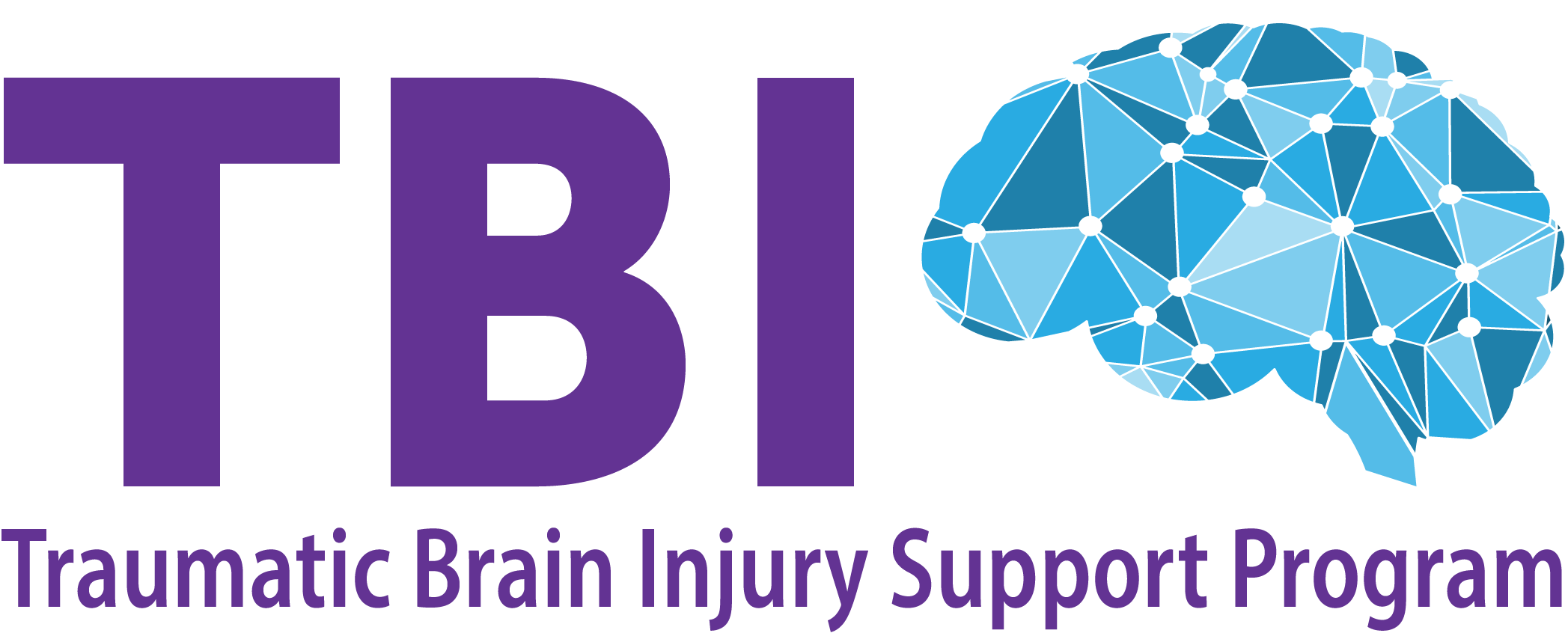FAQ
About Brain Injury
What is a traumatic brain injury (TBI)?
If you experience any forceful impact to your head or neck, and it disrupts your brain’s natural functions, then you’ve experienced a TBI. Your brain can be injured in other ways, like by infections or strokes, but those kinds of injuries are called “acquired brain injuries,” or ABIs. An ABI can be just as life-altering as a TBI.
TBIs are classified in one of three categories: mild, moderate, or severe. Concussions are actually mild TBIs, and many will make near-full recoveries, while some will battle symptoms for much longer. Moderate and severe TBIs are most likely to leave lifelong impacts on a survivor.
What causes a TBI?
The leading cause of TBI are slip/fall accidents, followed by motor vehicle/traffic accidents. See our About page for more information.
How can a TBI affect the brain and body?
Since your brain is the control center for your body, a TBI has the potential to affect anything. You may experience a disruption in basic functions such as eating or sleeping, but your memory, cognition, emotions, and ability to communicate may also be affected. Brain injury affects everyone differently- no two brain injuries are exactly the same.
What are some common symptoms of TBI?
Although every person is different, there are some common symptoms that are experienced to varying degrees following a TBI. To learn more, visit our About page.
Headache
Fatigue
Blurred vision
Poor judgement
Impulsive or risky behavior
Perceived apathy / lack of empathy
Depression and/or anxiety
Lack of motivation / trouble initiating
Problems with organization and/or planning
Impaired memory
Attention issues
Decreased self-awareness
Slowed processing speed
About Support
I'm a caregiver. How can I help someone with brain injury?
Being a caregiver is not an easy task, but again, is one that is unique to each circumstance. Some caregivers may need to provide assistance with personal hygiene and feeding, while others may be the person to give reminders about day-to-day schedules and appointments. You know the survivor you’re caring for best, and chances are, you are already doing the most important thing you can: caring. You are there for them and supporting them to the extent you can, and that is phenomenal!
Let us lighten your load- our Resource Navigator may be able to help point you in the direction that you and your loved one need. Contact us for more information.
How long does it take for a person to recovery from a brain injury?
The answer to this question has many variables. It will depend on the severity of the injury, at what age the person sustained the injury, whether or not they sought treatment right away, and many other factors. Aside from these, one of the biggest predictors of recovery success is the support around the survivor. If two people sustained the exact same injury, but one had a large network of support available and willing to help and the other had only one or two people who occasionally provided support, the person receiving more support will be leaps and bounds ahead of the person with no support in the recovery process.
What can I expect when I come to the support group meetings?
The one thing that is certain when you come to a meeting is that you will be welcomed with open arms (metaphorically or literally, if you prefer!). You might feel a little apprehensive at first, not knowing what to expect, but all of the group members will tell you that they felt the same way, and it didn’t take long to feel right at home. Whether you are a survivor or a caregiver, whether this is a new injury or you’ve been living with it for years, you will quickly learn that the other people in the group understand exactly what you’re going through because they have been there too. Ask any member of the support group, and they will tell you that being with other survivors has been the most important piece of their recovery. Visit our Support Group page to find out more about coming to a meeting.
